
Don’t Miss Out! Town Hall Meeting for Changing Petroleum Bulk Storage Regulations
Suffolk County Board of Health is reviewing proposed regulation changes for petroleum bulk storage (PBS) in Suffolk County. Currently Suffolk County Department of Health Services (SCDHS) regulates PBS and Chemical Bulk Storage (CBS) under Article 12. The New York...

Sampling PFOAs and PFOS: What you should know
Poly- and Perfluoroalkyl substances (PFOA’s and PFOS's) have been all over the news lately, but you may be asking yourself “why?”. Well, the United States Environmental Protection Agency(USEPA) Health Advisory Levels established in 2009 for Perfluorooctane Sulfonate...

Make Your Voice Heard: The Public Comment Period for Proposed Changes to NYS SEQRA Regulations is Open
The Public Comment period for Proposed Changes to NYS SEQRA regulations is open until May 19, 2017. Make your voice heard! NYSDEC has proposed new changes to the NYS SEQR law which governs environmental reviews of planned projects. While NYSDEC has characterized these...
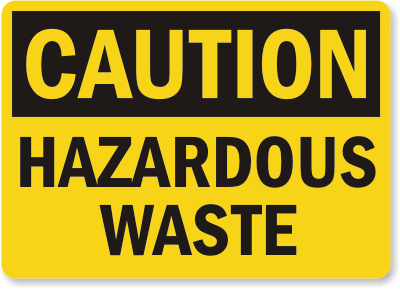
Do You Know How to Dispose of Hazardous Waste?
In February a New York business and one employee were convicted for violating the New York State Environmental Conservation Law (ECL). The business and employee illegally disposed of hazardous materials and waste at their facility. Both the employee and facility were...
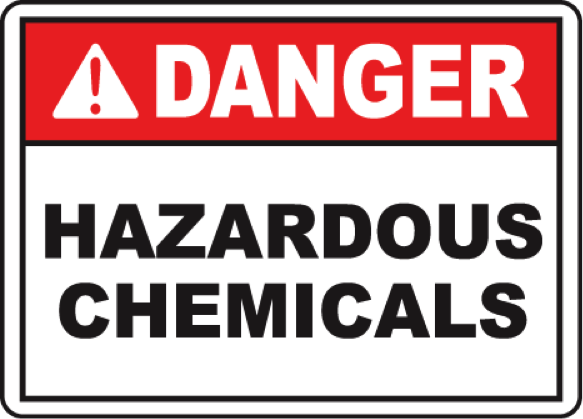
What to do when your Right-to-Know Filing is Late
The New York City Department of Environmental Protection requires all businesses to report hazardous substances stored, processed, handled or used on-site on a yearly basis. Did you miss the March 1st filing deadline for your business’s 2016 Community Right-to-Know?...

The Origins of 1,4-Dioxane: How Did It Get Into Long Island’s Drinking Water?
Long Island’s groundwater has recently been reported to contain elevated levels of 1,4-dioxane. As discussed in Walden’s recent blog, “How will the 1,4-Dioxane in my Drinking Water Affect my Health?", 1,4-dioxane, a probable cancer causing chemical, has been detected...

How will the 1,4-Dioxane in my Drinking Water Affect my Health?
The presence of 1,4-dioxane in drinking water has recently been a topic of public concern for residents of Long Island, New York. The United States Environmental Protection Agency (USEPA) classifies 1,4-dioxane as a probable human carcinogen, or a likely...
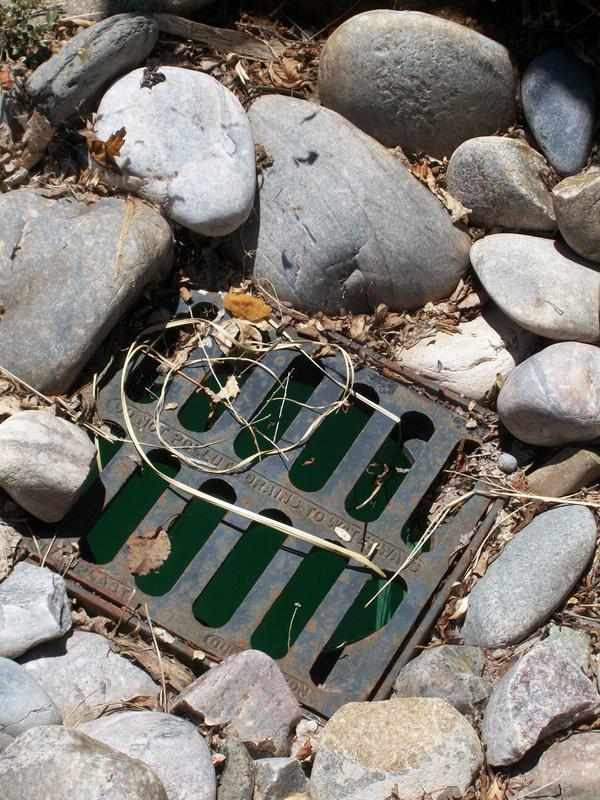
What Does Stormwater Discharge Compliance Look Like in New York State?
Stormwater runoff occurs naturally from rainfall or snow storms, which flows over any land surface and does not percolate into the ground. However, human activities such as construction work, and urbanization can change the natural flow pattern and can...
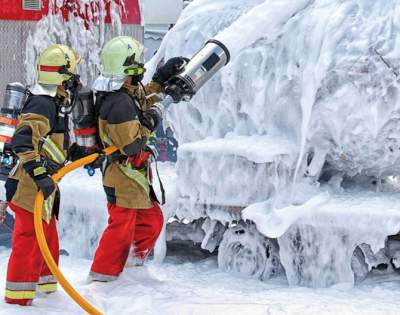
How Will the Adoption of Amendments to 6 NYCRR Part 597 Affect You?
On April 25, 2016, Chemical Bulk Storage (CBS) registration requirements at new facilities became mandatory for perfluorooctanoic acid (PFOA-acid), ammonium perfluorooctanoate (PFOA-salt), perfluorooctane sulfonic acid (PFOS-acid), and perfluorooctane sulfonate...
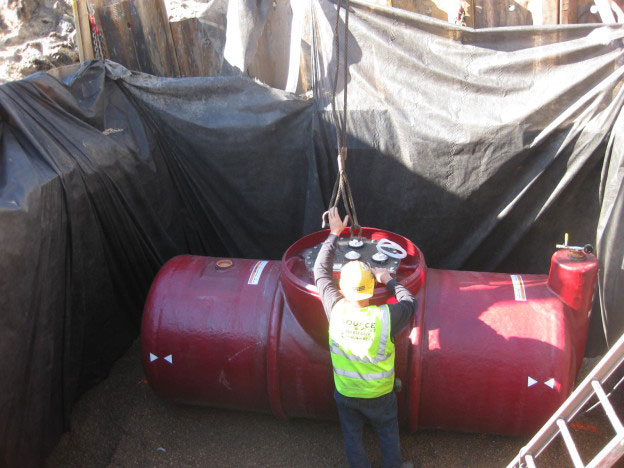
Change in Underground Storage Tank Review in Nassau County
Do you store gasoline or diesel at your work site? Nassau County has changed the governing agency for gasoline and diesel underground and aboveground storage tanks. Previously, anyone who wanted to install a petroleum bulk storage (PBS) underground storage tank (UST)...
